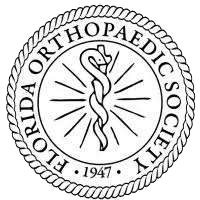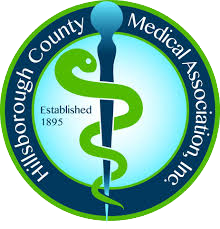
The knee is the body’s largest and arguably most complex joint. It features four bones, four major ligaments, and four muscles that work in harmony to support the weight of the body and facilitate a variety of basic movements, from walking to sitting down and standing up. So, it’s understandable that you may be concerned about how your knee will function after meniscus surgery. To help provide some insight, let’s take a closer look at what you can expect following meniscus surgery and how your joint health may be impacted.
What to Expect After Meniscus Surgery
Meniscus surgery may be performed to repair or remove a torn meniscus—one of two C-shaped pads of cartilage in each knee that act as shock absorbers for the joint. The specific details of your recovery period and prognosis will depend on your age, knee health, and what type of meniscus surgery you received—for example, a meniscectomy (a procedure to remove the meniscus) typically has a shorter recovery period than meniscus repair surgery.
Generally speaking, though, meniscus surgery is considered a highly successful procedure that can provide significant improvements in comfort and mobility for patients. While your knee may not technically be the “same” considering a meniscus will either be surgically repaired or removed, you’ll likely be able to return to normal activities in just two or three months. High-impact activities will need to be avoided for a while, but you should be able to move around with the assistance of a walking aid shortly after the procedure.
Of course, how well you comply with your surgeon’s postoperative guidelines will play a major role in how quickly you’ll be able to get back on your feet. Most people who undergo meniscus surgery will need to use crutches or a knee brace in the weeks following the procedure, and a regimen of physical therapy and gentle exercises will also likely be recommended to help restore joint strength and flexibility. Medication to manage knee pain and inflammation throughout the recovery period is typically provided.
A Board-Certified Knee Surgeon Serving the Tampa Area
If disruptive knee pain has left you considering meniscus surgery, we encourage you to visit Tampa Orthopaedic & Sports Medicine Group. A division of Florida Medical Clinic and the longest-operating orthopedic group in the Tampa area, our practice has been helping locals get back on the move since 1949. Today, we’re led by orthopedic sports medicine surgeon Dr. Daniel Murphy and sports medicine specialist Dr. Arnold Ramirez—two board-certified physicians with ample experience helping patients overcome all types of knee conditions, from sports injuries to arthritis, with progressive surgical and non-surgical approaches.
Consult with one of our physicians about your knee pain treatment options by scheduling an appointment at Tampa Orthopaedic & Sports Medicine Group today. You can reach us at 813-253-2406 or request an appointment online. Our team looks forward to helping you achieve your best orthopedic health!












